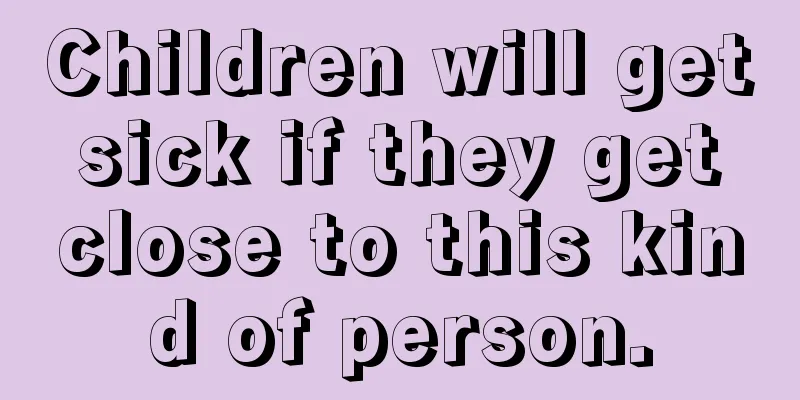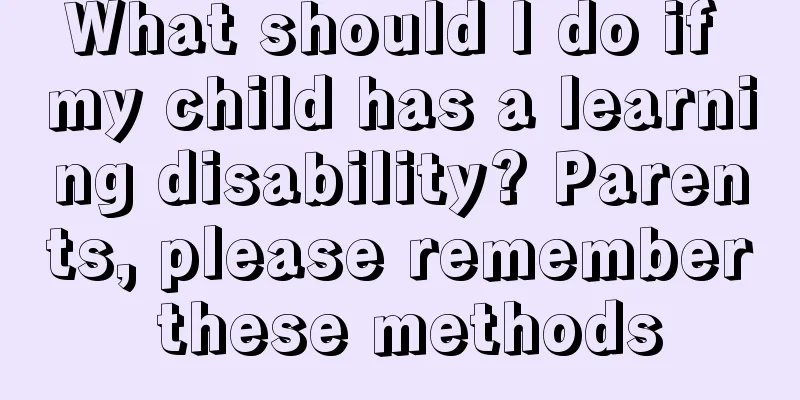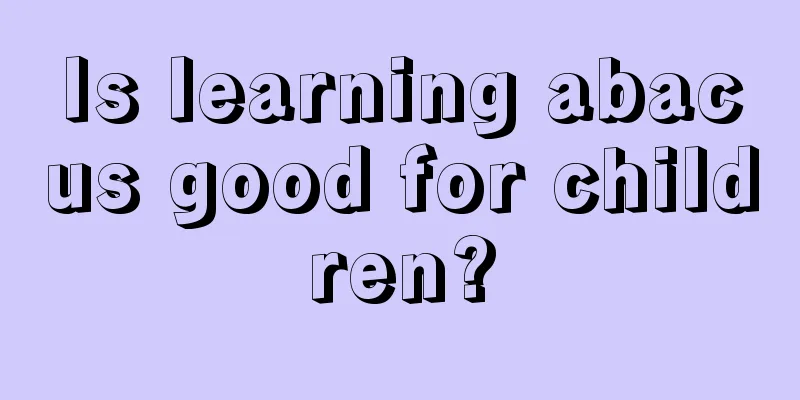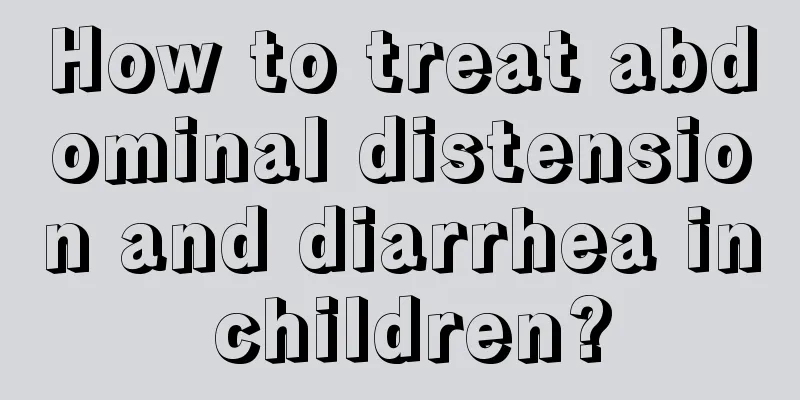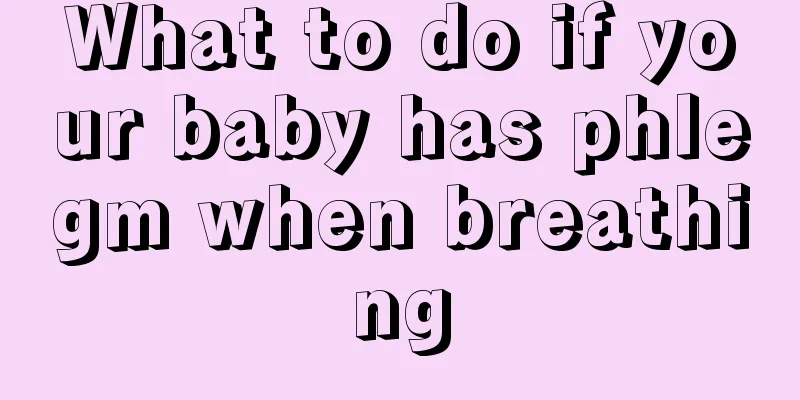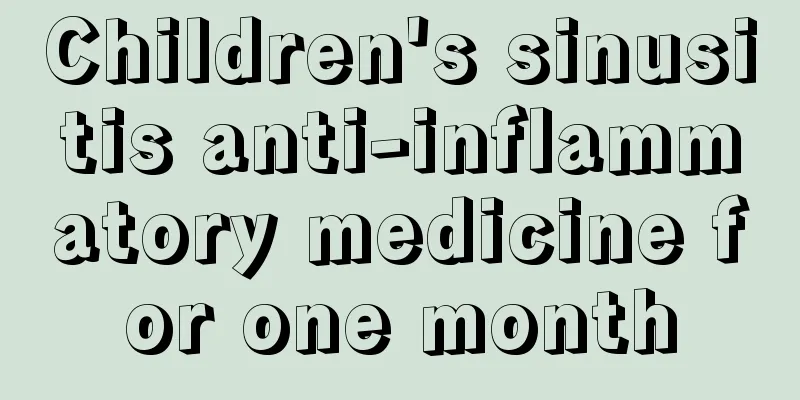What are the principles of anti-infection treatment for children?
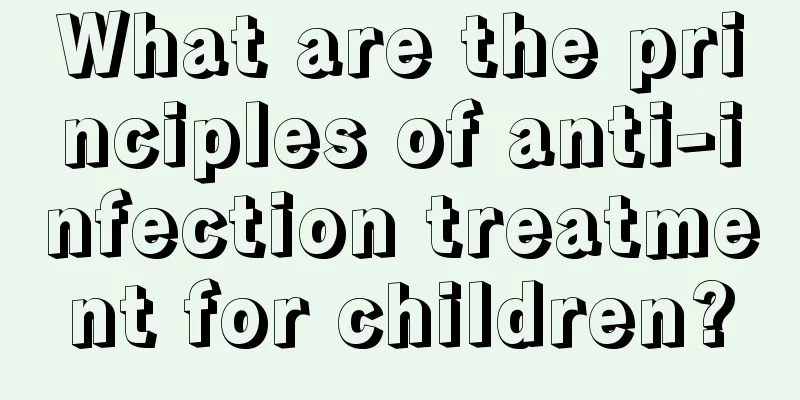
|
In summer and spring when bacteria have a very suitable growth environment, infections are very likely to occur, especially among people with low resistance, who are the main group of people infected. Treatment after infection is very troublesome and will cause many complications, so it must be handled with care. During the anti-infection treatment process, you must be very cautious to avoid worse conditions. Therefore, many principles must be followed during anti-infection treatment. Only in this way can there be a certain guarantee for the treatment of the disease. Next, I will introduce to you the principles of anti-infection treatment. Anti-sensitivity Children should not use anti-infective drugs indiscriminately: Children are in a period of rapid physical development, their body's immune capacity is very low, and they are very likely to suffer from diseases such as respiratory tract infections. When it comes to treating children's diseases, parents are accustomed to using drug treatments. Since children's organs are not yet fully developed, anti-infective drugs can cause great harm to their organs. The following are some anti-infective drugs that are prohibited or used with caution in children: Anti-infective drugs that are prohibited or should be used with caution in children 1. Aminoglycosides Aminoglycosides include gentamicin, amikacin, streptomycin, etc. The Ministry of Health has clearly stipulated that children under the age of 6 are prohibited from using such medicines. This type of drug has strong ototoxicity and nephrotoxicity. Therefore, children may develop symptoms such as deafness or renal failure after using this type of medicine. Anti-infective drugs that are prohibited or used with caution in children 2. Macrolides Macrolides include erythromycin, roxithromycin, azithromycin, etc. This type of drug has a greater toxic effect on the liver. Children who use macrolide drugs for a long time or in large doses may develop liver failure and other symptoms, which can be life-threatening in severe cases. Anti-infective drugs that are prohibited or used with caution in children 3. Amide alcohols Amide alcohols include chloramphenicol, thiamphenicol, etc. This type of drug is highly toxic and is rarely used in clinical practice. Children may develop aplastic anemia, gray baby syndrome and other diseases after using amide drugs. Anti-infective drugs that are prohibited or used with caution in children 4. Quinolones Quinolones include norfloxacin (fluphenacic acid), ciprofloxacin (ciprofloxacin), ofloxacin (fluphenacic acid), levofloxacin, lomefloxacin, fleroxacin (dofluphenacic acid), etc. This type of medicine can cause bone and joint diseases in children. Therefore, quinolones have side effects that affect children's growth and development. Children should not use anti-infective drugs indiscriminately. Whether it is the doctor's advice or other reasons for taking the above drugs, it is best not to take them if they are replaced by oil. The four major categories of drugs mentioned above can cause great harm to children's bodies. Parents are reminded to use caution when their children are taking medication. The principles of dye treatment have been introduced to you. After reading it, do you feel that you knew too little before? But it doesn’t matter, it’s not too late now. So you must cooperate with the treatment well and never do anything that you shouldn’t do. This is how you take responsibility for your own health and your own life. |
<<: Why children still cough after recovering from cold
>>: What is the height and weight of a one year and ten month old baby?
Recommend
What should I do if my child has pustules on his face?
We often see pustules on children's faces. So...
What to do if a 12-year-old girl is too fat
If a 12-year-old girl is too fat, it is often rel...
When is the best time to wean your baby?
When the baby is still in the mother's womb, ...
How tall is a normal baby at three months old
Recently, wherever mothers gather, you can hear t...
What should I do if my baby spits up milk in a projectile manner?
Many babies will spit up milk when feeding, but t...
The best time to supplement calcium for infants and young children
Calcium is the most important thing for human gro...
Five tips for feeding premature babies
Generally speaking, we need to pay more attention...
How to correct flat feet in children?
As a common disease, flat feet have not been take...
Six month old baby
Babies will have many different changes at differ...
Child's slurred speech
Some parents find that their children speak uncle...
How to solve children's rotten feet
Children's sore feet may be caused by tinea p...
What is the cause of red bloodshot eyes in newborns?
Red blood streaks are a common eye disease in lif...
What to do if baby has red spots on the white of his eyes
After the baby is born, it will be carefully care...
What is the reason for the red spots around the baby's belly button?
Clinically, there are many causes of red spots ar...
Is it normal for a child to be sleepy when having a fever?
Children in their early childhood are very prone ...
